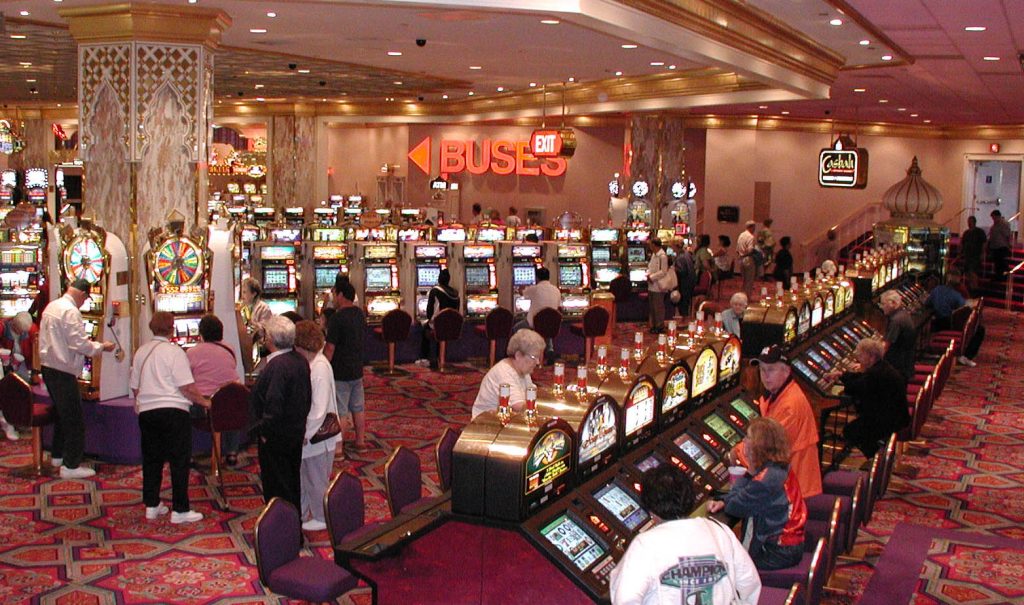Poker is a card game that involves betting and strategic play. There are many variations of poker, but they all share some basic rules.
In poker, each player is dealt a hand of cards. The value of the hand is determined by the combination of the cards. The player with the highest-valued hand wins the pot, which is the sum of all the bets that have been placed during the hand.
Poker games can be played with anywhere from two to ten players, and the game can be played for fun or for real money. However, it is important to remember to always gamble responsibly.
Although there are many different variations of poker, the one thing they all have in common is that they all require players to use their best five cards to make their hands. All poker games use a fifty-two-card deck made up of ranks starting with a two, more commonly called a deuce, and continuing by number through ten, and then in order comes the Jack, Queen, King, and Ace. In any card deck, there are four different suits; Spades; Hearts; Diamonds; and Clubs; all of which are of equal value in poker. So, four different suits of thirteen different ranks form a complete deck of fifty-two cards.
The Objective
The objective of poker is very straightforward – to win the money in the pot (centre of the table), which comprises the sum of the bets that have been made by the participants of that hand. Players bet or wager with the belief they have the best hand or with the optimism they can make a better hand give up, leaving the pot to themselves. This highlights the concept of good judgment being the better part of valour and not continuing to call bets made by others unless you believe you have the best hand.
Is Poker Luck or Skill Dependent?
Many people unfamiliar with poker generally are anti-gambling and club poker with other games of chance and think success in the game is for a good part dependent on luck. On the other hand, those who understand the game, do acknowledge that while there is certainly an element of luck involved, they also believe knowledge and skill will succeed in the long run.
The best way to assert this is to compare poker games, a game of skill, to casino games which have a built-in house advantage. In a casino game which cannot be bested over time, a player’s knowledge of the game combined with self-control over one’s emotions will benefit that gambler’s chances of winning or at least minimize his or her losses. The same can also be applied in poker with regard to a player needing to be knowledgeable and in control of his emotions.

What differentiates the role that luck plays between poker and casino games is the number of trials. While playing poker, a knowledgeable and skilled player can lose in the short term he should be expected to win over time. This, however, is with the supposition that he is not playing with superior competition which is outplaying him. In casino games, though a player can win easily in the short term, over time the house edge or percentage will bring a player down and ultimately, he will lose.
The conclusion to this argument is clear – if you are indeed a knowledgeable and disciplined poker player, for you to lose, you will have to be unlucky while a player of games of pure chance needs to be lucky to win. With deep knowledge and honing the necessary skills, you can be better prepared to win or minimize your losses at poker games.





